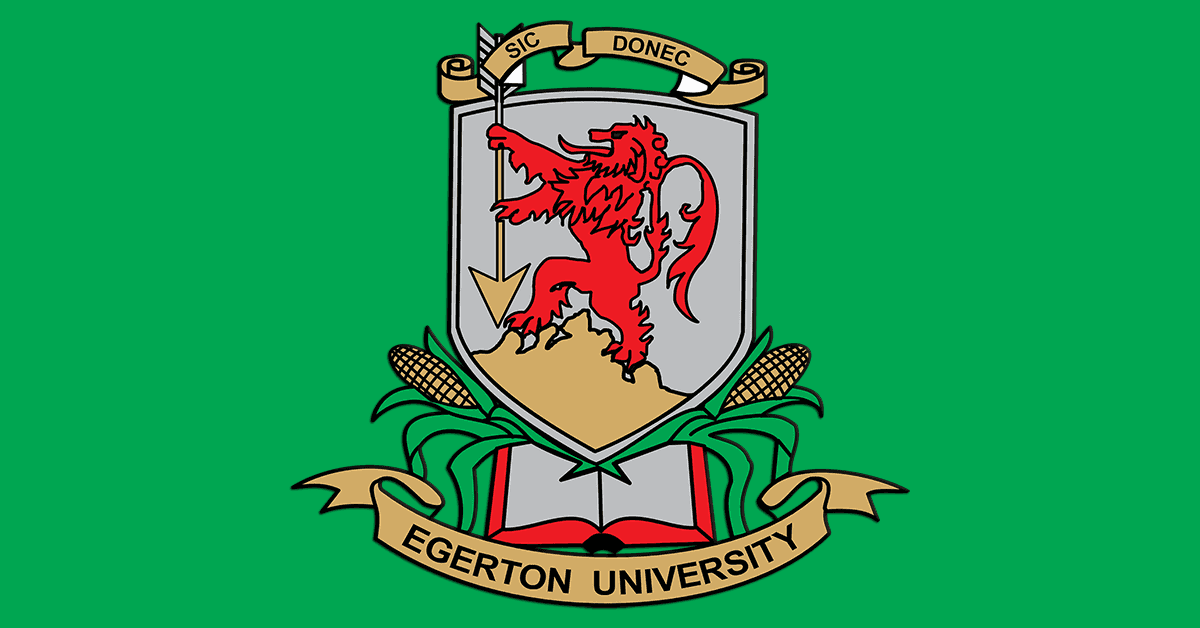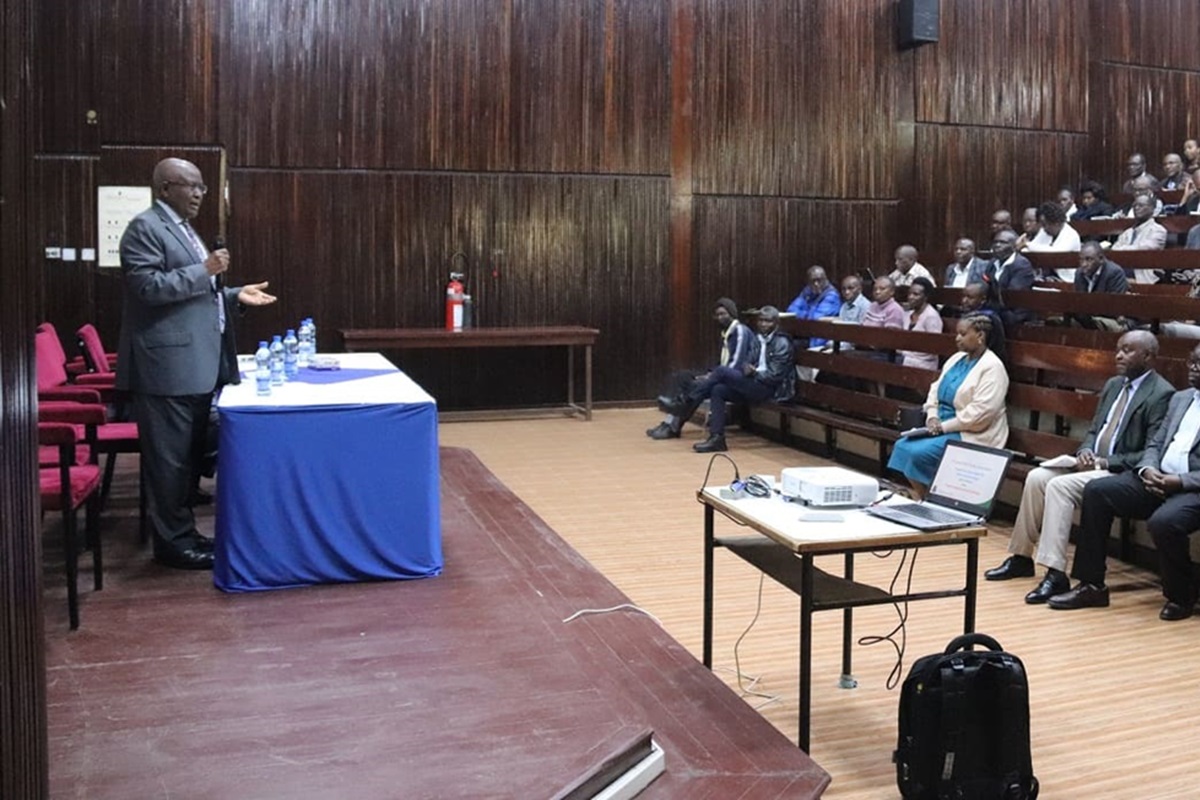Our Library Services.
Under these divisions the Library has various sections offering different services to the esteemed users. Each of the above sections is headed by an in-charge or section head who supervises the day to day activities of the section.
- The Acquisition Section is charged with the responsibility of identifying, selecting and ordering information materials, furniture and equipments;
- The Technical Processing Section is responsible for cataloguing and classification of information materials;
- The Book Binding and Repair Section is responsible for identifying books that need minor and major repairs as well as binding;
- The Circulation Services Section, responsible for charging and discharging services. This includes the Reserve or short loan services;
- The Reprographic Services Section offering photocopying, scanning and printing services;
- The Reference and Information Services Section responsible for reference, referral, interlibrary loan and user education services; current awareness services (CAS) and selective dissemination of information
- The Resource Centre responsible for provision of internet and online research services;
- The Archives section responsible for providing information from documents in the archives.
- The Periodicals and Africana Section, responsible for providing access to print periodicals and Africana Materials.
- Digital Library and Information Literacy Services section, responsible for uploading, preservation and dissemination of information resources published by Egerton University and its affiliated Institutes in digital format.
The Records Management and Archives Centre whose mandate of is to coordinate the records and archives functions of the University, in accordance with the set standards and legal procedures. It advises the Departments on creation, control, maintenance, storage, retrieval and eventual disposition of records in all formats.
Evaluation of the Library Services. The Library develops and maintains quality information services by seeking feedback from the users through user satisfaction surveys, suggestion boxes and complaints and complements books. In addition the library collects and analyses users’ statistics. The comments and recommendations of the users are then taken into consideration to improve the services.







